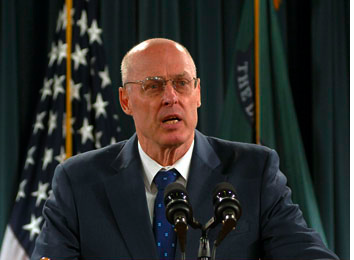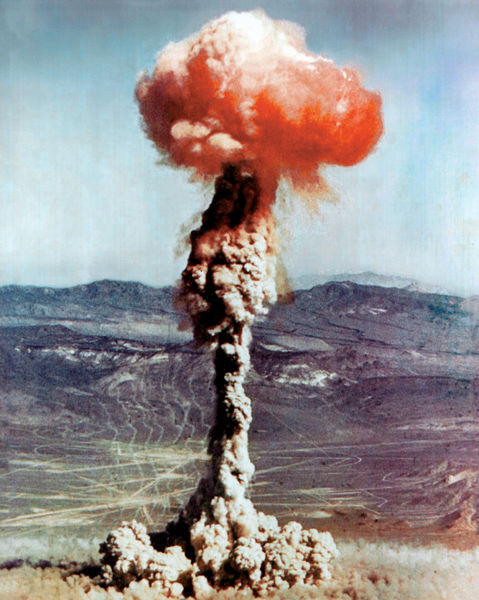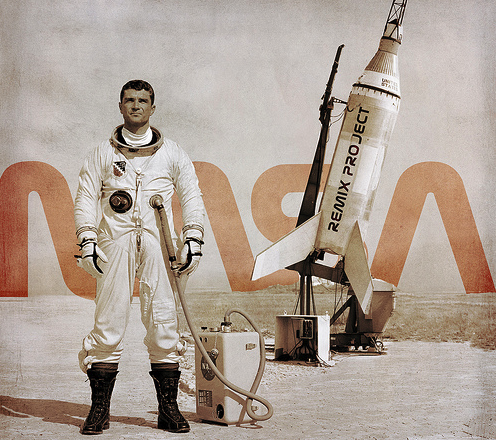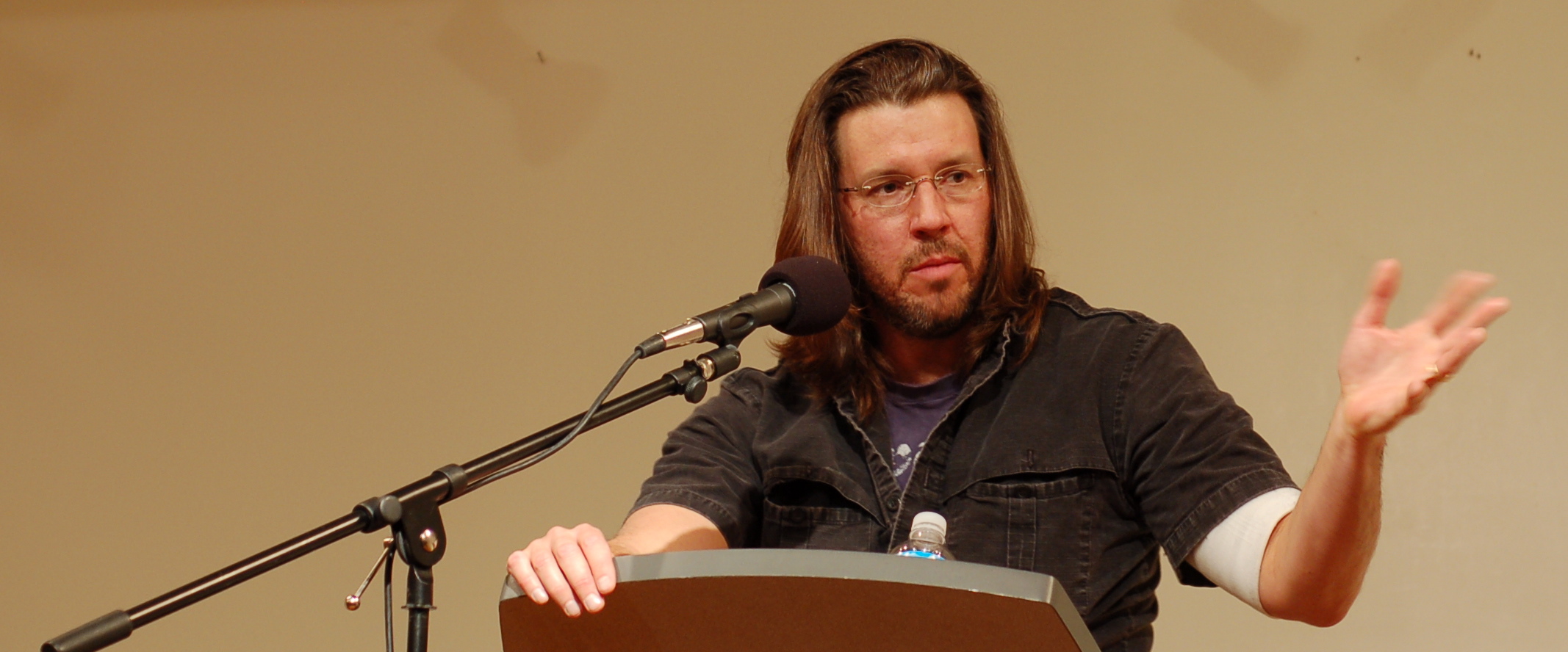If we cannot rely on our classic economic models to make in-depth, investigative journalism—and, in particular, foreign reporting—possible, what can be done? Are there models in other countries of gathering […]
All Articles
For this week’s installment of What Went Wrong?, we bring you the media perspective from Andrew Ross Sorkin, New York Times columnist and author of “Too Big To Fail,” and […]
While there was a short-lived fear that fans of the Simpsons and American Idol might lose their TV shows at the turn of the decade, the recent deal cut between […]
Underwhelmed with a trip to Whistler, founder and CEO of Sherman’s Travel Media Jim Sherman decided to build a company that offers guides and deals. He sat down with Big […]
The US secret service is investigating an apparent hanging effigy of President Barack Obama slung from a storefront by a noose in Georgia.
Giving up smoking sharply increases the risk of developing type-two diabetes according to a US study which suggests an increased risk of 70 per cent for quitters in the first six years.
Blogger Steven Frischling, suspected of leaking a TSA document, has had his Twitter account implicated in a bizarre fracas with a TSA agent who allegedly posed as Frischling online.
A spill of diesel fuel in China’s second-longest river has been “effectively” contained by barricades according to the China National Petroleum Corp.
An exhibition of naturally sculpted rock from China’s Qing Dynasty opens in London this week – baffling onlookers with displays of elaborately eroded stone on wooded plinths.
The tallest building in the world, Dubai’s new Khalifa Tower, is “a frightening purposeless monument to the subprime era” writes The Telegraph’s Stephen Bayley.
US secretary of state Hillary Clinton has warned that Yemen poses a global threat and has pledged American support in the Yemeni government’s fight against al-Qaeda.
Solar physicists investigating the mysteries of the solar corona have unearthed further clues by observing the sun’s outer atmosphere during eclipses over the last five years.
NASA’s new planet-hunting telescope has found two mystery objects that are “too hot to be plants and too small to be stars” – neither of which fit any definition of known astro objects.
A “cocktail” of different nanometer-sized particles which can be used to target and kill cancerous tumours have been developed by researchers in California and Massachusetts.
For years, adolescents have yawned their way through an ever-growing crop of programs designed to prevent them from engaging in “bad” or dangerous behavior. From DARE to Driver’s Ed to […]
If sports clichés have taught us anything, it’s that any good sports team requires certain players that provide key elements to the overall collective. The debonair leader, the pugnacious underdog, […]
Writing in the New York Times, Bono makes his case for anti-piracy legislation. For the first time in the Financial Times’ history, online and print subscribers now contribute more revenue […]
Amid fears of further terrorist attacks the Yemeni government has ordered an “unprecedented” number of troops into the region controlled by Al Qaeda.
Dubai is set to open the world’s tallest building today, although many of the offices are unfinished, as the emirate tries to re-establish hope amid the financial crisis.
Malaysians are flocking to the internet to debate a contentious court ruling allowing local Roman Catholics to use the word Allah as a translation for God.
The US has lifted an immigration ban stopping anyone with HIV or Aids from entering the country more than 22-years after the ruling was enforced during mid 1980s panic.
Nearly 800 people have set themselves the challenge of self improvement by joining the One Hundred Days to Make Me A Better Person campaign.
Scientists are warning that deadly animal diseases are poised to begin infecting humans as environmental disruption lowers the human-animal species barrier.
A brilliantly preserved skeleton of the extinct dodo bird, found in Mauritius in 2007, could provide valuable DNA information which could lead to the genetic resurrection of the species.
For the first time ever, scientists have measured the speed of genome mutations in plants, casting new light on the fundamental evolutionary process.
With just over 3,000 left in the world, efforts to save tigers from extinction will be stepped up in 2010 after it topped the World Wide Fund for Nature’s list of most endangered species.
Treehugger.com asks if climate change-protecting vegetarian humans will one day emit more carbon dioxide and methane into the atmosphere than cows do.
What were the earliest female genital “manipulators” like? One had to be powered by a doctor shoveling coal in the next room; another looked “like a cross between a visitor […]
During his sitdown with Big Think, Astronaut Leroy Chiao explained the challenges of lengthy trips to space, including bone and muscle loss, as well as the dangers of fatigue. But […]
Katie Roiphe’s cover essay in today’s New York Times Book Review affectionately notes one thing about several male novelists of an earlier generation—Roth, Bellow, Updike—that we should consider missing: unapologetic, […]









